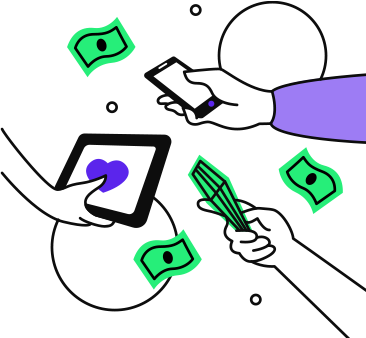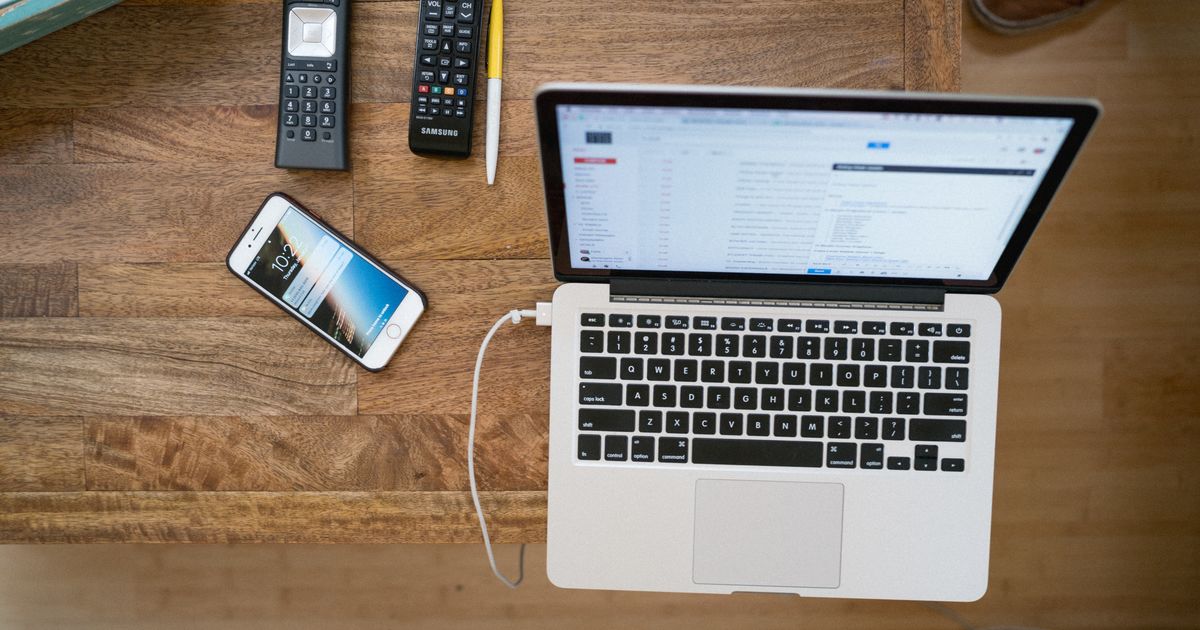The importance of securing your digital life can’t be stressed enough. These days, major site hacks happen more and more frequently. Hacking tools that help cybercriminals hijack computers and handheld gadgets are rampant worldwide.
But security isn’t one-size-fits-all. If you don’t know what to protect, you can’t provide suitable countermeasures. What information you have online must you protect first? Which digital data can you put in the backseat? Did you buy a brand-new laptop? Or is it a second-hand unit you bought from a buy-and-sell laptop shop? Factors like these need to be considered to help you strategize your security plans.
To help you navigate security protocols to protect the “digital you,” here are tips to follow:
Use apps with encryption properties
In essence, encryption is when you scramble your data so no other person can figure out what it says without having the key. It’s valuable for guarding personal information on your device. It’s also effective in ensuring prying eyes won’t be able to snoop into your private emails and text messages. As basic as it sounds, encrypting your digital data is quite a complex process.
A good way to protect your private chats and emails sans the challenging process of encryption is to use Signal. It is a popular app designed for smartphone users who wish to protect their text messages. Signal has encryption properties. Its code to operate is open source. So if you’re tech-savvy, you can maximize the feature to your full advantage. But even if you aren’t, Signal makes privacy of communication possible.
Alternatively, you can use the popular chat app, WhatsApp, as your primary messaging platform. WhatsApp uses the software that runs Signal for encryption. It’s also important that you check the options of your text messaging platforms to see if they have the option for data encryption. For instance, Facebook Messenger and Allo can encrypt messages, too.
Enable two-factor authentication
When you enable two-factor authentication, anybody attempting to log into your email from a new device must go through a second level of security. A unique code will be sent to the phone linked to your email account via SMS. To access your email, you must input the unique code you received from your email service provider.
It’s also highly recommended that you set a two-factor authentication on your social media accounts. However, your email should be a priority since most sites ask users to input their email addresses for password recovery. This is something that cybercriminals can easily exploit. Once they’ve gained entry to your email, they’re only a few taps away from accessing your financial information, cloud storage, and many more.
Back up your data
This is a ubiquitous security tip because it’s an action that needs to be done by everyone who has a digital life. Always back up your data. If you accidentally (or purposefully) delete a file or a document that you need right now, your backup data can save you from a world of hurt. If you lose something online, you can recover it quickly if you have a backup. Most online backup services store and encrypt data at the same time. Apart from online backups or cloud services, you can also use external hard drives to secure your digital files.
In Conclusion
Securing your digital life is necessary, given how terminally online we all are nowadays. But, as you can see, protecting yourself is not as complicated as it might sound. Eco-conscious and frugal folks who sell used gadgets should use this guide to live happy and secure digital lives.










